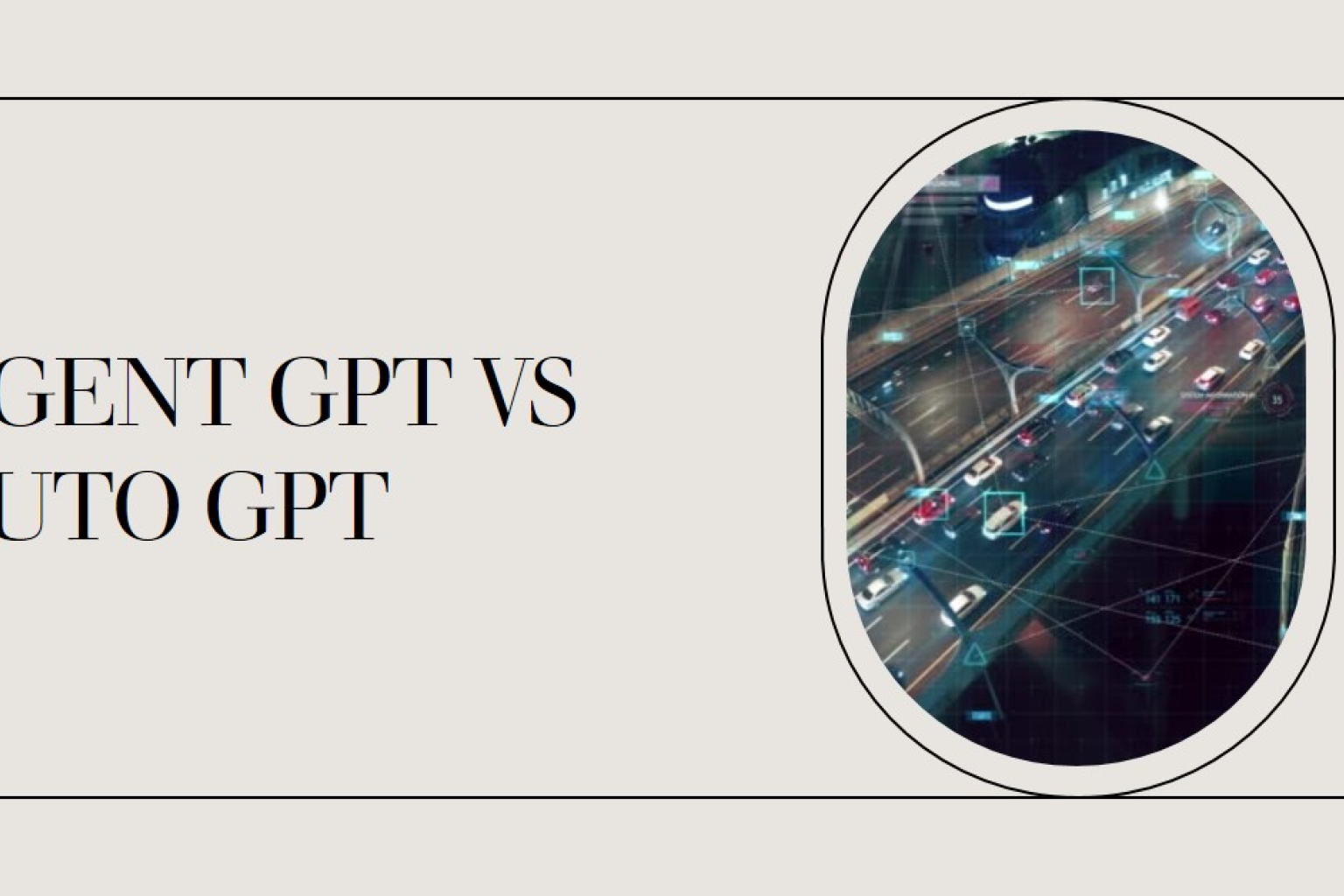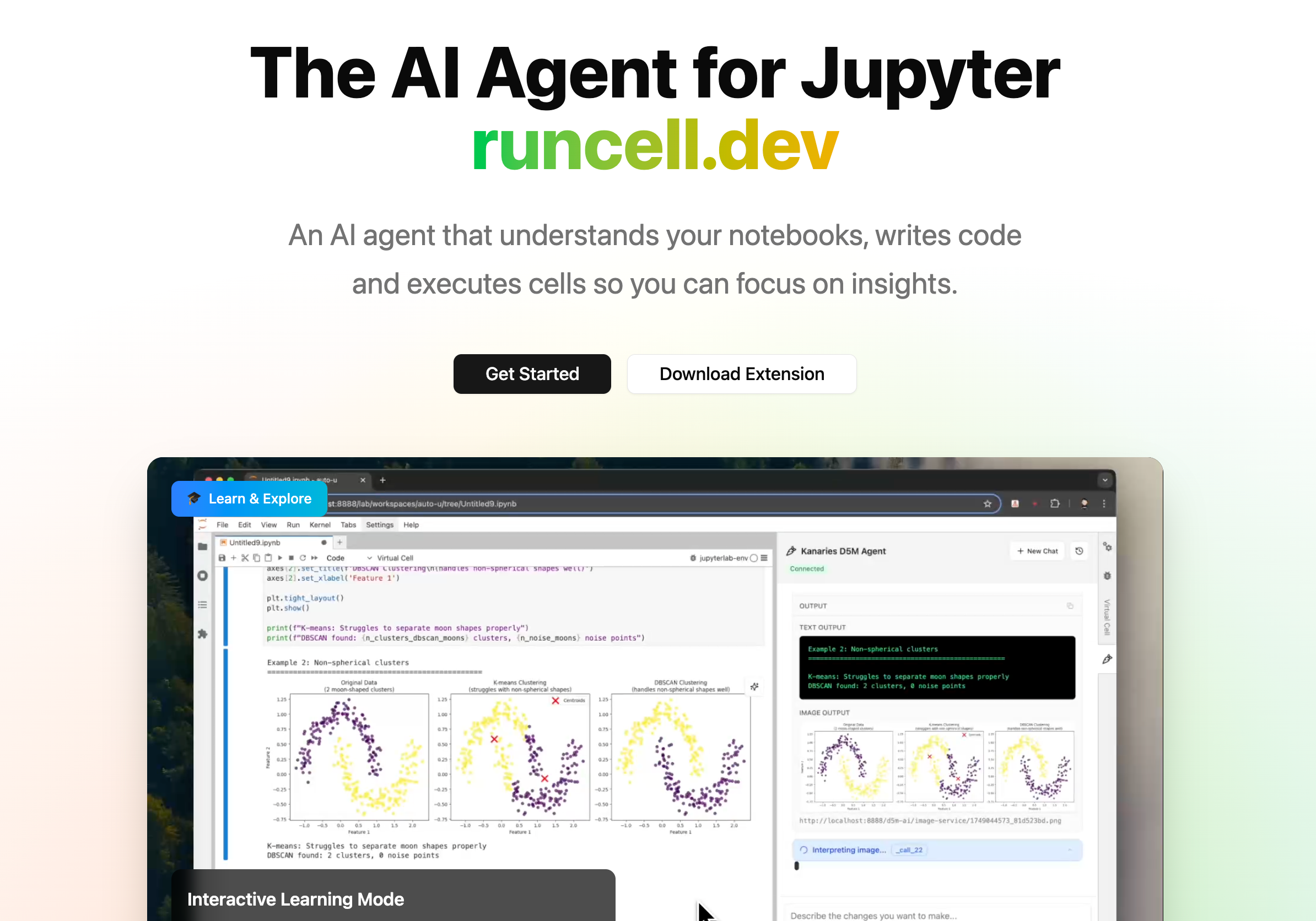Agent GPT vs Auto GPT in 2025: Evolution, Limitations, and the Future of AI Agents
Beyond Hype: What These Tools Can (and Can’t) Do for Your Workflow
Updated on

The AI agent landscape has exploded since ChatGPT’s debut, with tools like Auto-GPT and Agent GPT pioneering task automation. But as the market matures, critical questions arise: Do these tools deliver on their promises? Are they still relevant amid newer rivals like BabyAGI and GPT-Engineer? This updated analysis cuts through the noise, exploring their strengths, hidden pitfalls, and the future of autonomous AI.
The State of AI Agents in 2025: Beyond the Hype Cycle
Auto-GPT and Agent GPT emerged as early stars, but their limitations are now clearer. Let’s reassess their roles in today’s context:
Key Developments Since 2023
- Rise of Cloud-Based Agents: Tools like SmythOS and SuperAGI now offer no-code, cloud-hosted alternatives, reducing dependency on local Python setups.
- Cost Realities: Auto-GPT’s unmonitored runs can rack up massive OpenAI API bills (e.g., $50+ for a single research task), making cost-control critical.
- Hybrid Workflows: Users increasingly blend AI autonomy with human oversight—Agent GPT’s interactive model aligns with this trend.
The AI Agent for Jupyter Notebooks
An AI agent that understands your notebooks, writes code and executes cells so you can focus on insights. Accelerate your data science workflow with intelligent automation that learns from your coding patterns.

Auto-GPT vs Agent GPT: An Unflinching Comparison
Auto-GPT: The Autonomous Dream (and Its Nightmares)
Strengths:
- Task Chaining: Excels at breaking goals into sub-tasks (e.g., “Research market trends → Draft report → Convert to PPT”).
- Open-Source Flexibility: Community plugins now integrate with Google Search, Notion, and Zapier.
Limitations Exposed:
- Infinite Loops: Without constraints, it may obsessively refine a single task.
- Cost Risks: A Reddit user reported a $120 charge after Auto-GPT ran unchecked for 8 hours.
- Steep Learning Curve: Still requires Python/CLI skills, despite GUI wrappers like Cognosys.
Agent GPT: Collaboration Over Autonomy
Strengths:
- Human-in-the-Loop Design: Allows real-time adjustments (e.g., pausing/editing tasks mid-run).
- Accessibility: Browser-based, no coding—ideal for marketers and entrepreneurs.
Limitations Exposed:
- Input Dependency: Struggles with vague goals (e.g., “Improve SEO” vs. “Audit [URL] for technical SEO issues”).
- Scalability: Lacks Auto-GPT’s advanced recursion for complex workflows.
The Forgotten Factor: Memory
Neither tool effectively handles long-term memory. Newer agents like GPT-Engineer use vector databases (e.g., Pinecone) to retain context across sessions—a critical gap for enterprises.
When to Choose Which (and When to Look Elsewhere)
| Use Case | Auto-GPT | Agent GPT | Better Alternative |
|---|---|---|---|
| Autonomous Data Analysis | ✅ | ❌ | SmythOS (prebuilt analytics) |
| Marketing Campaign Drafting | ❌ | ✅ | HubSpot AI + Jasper |
| Codebase Refactoring | ⚠️ (Risky) | ❌ | GPT-Engineer |
Controversial Take: Auto-GPT is overkill for most SMEs. Start with Agent GPT or cloud platforms before investing in autonomous setups.
5 Hard Questions the AI Community Ignores
- Ethical Risks: Should autonomous agents make financial or medical decisions without human sign-off?
- Job Impact: A 2023 Deloitte study found 27% of businesses froze hiring in roles AI agents can now handle.
- Security: Both tools lack SOC2 compliance—avoid processing sensitive data.
- Environmental Cost: Training/running these models consumes energy equivalent to 120 homes daily (MIT, 2023).
- Obsolescence: With ChatGPT Plugins and Microsoft Copilot, are standalone agents already outdated?
The Future: Where AI Agents Are Headed
- Regulation: The EU’s AI Act may classify advanced agents as “high-risk,” requiring audits.
- Specialization: Vertical-specific agents (e.g., LegalGPT for contracts) will outperform generalists.
- Open-Source Shift: Llama 2-based agents could reduce OpenAI dependency and costs.
FAQs: Addressing Real Concerns
Q: Can I trust Auto-GPT with my business data?
A: Not without encryption. Use local LLMs (e.g., Llama 2) for sensitive tasks.
Q: Why does Agent GPT underperform for technical tasks?
A: It’s designed for collaborative goals, not deep recursion. Pair it with GPT-Engineer for code.
Q: Are there affordable alternatives for startups?
A: Consider Breadth (opens in a new tab)—$29/month for task-specific agents.